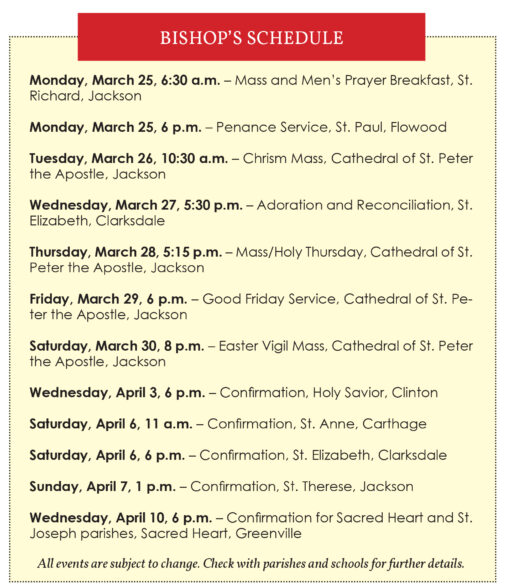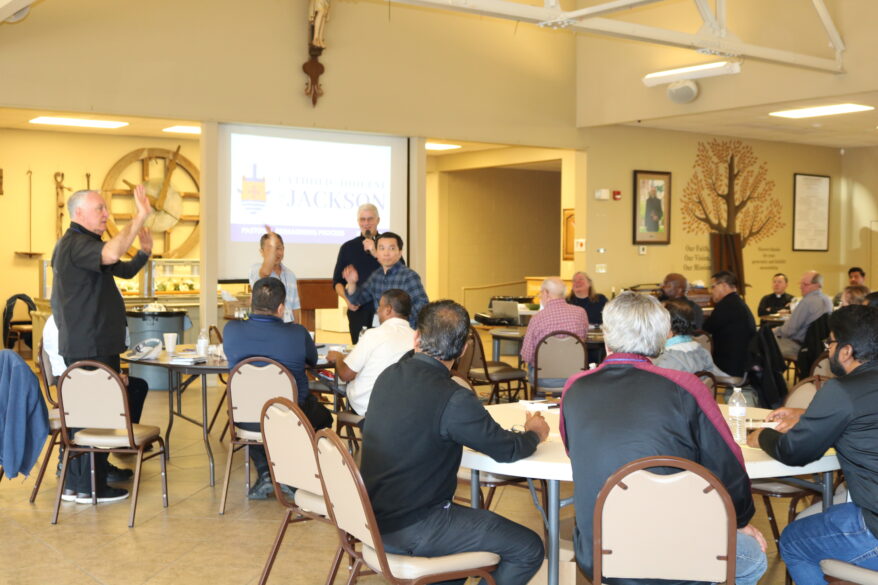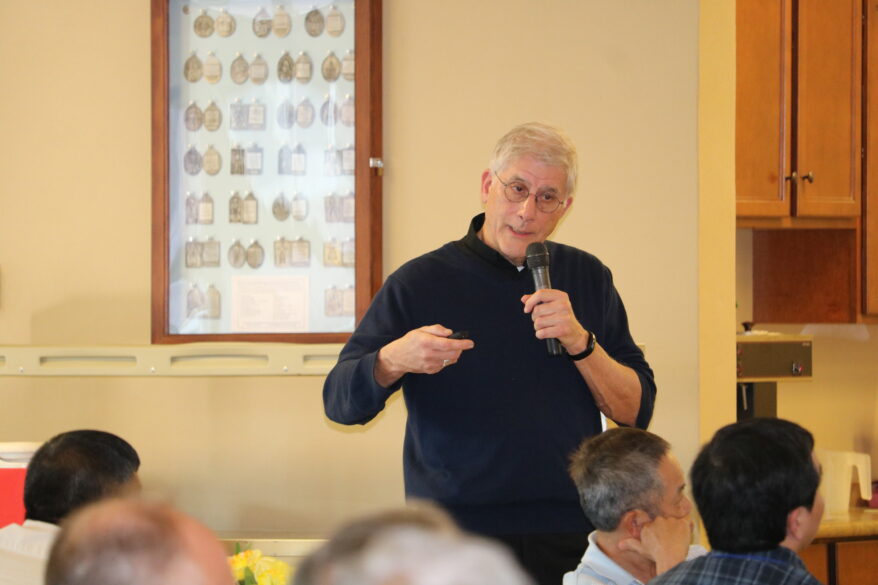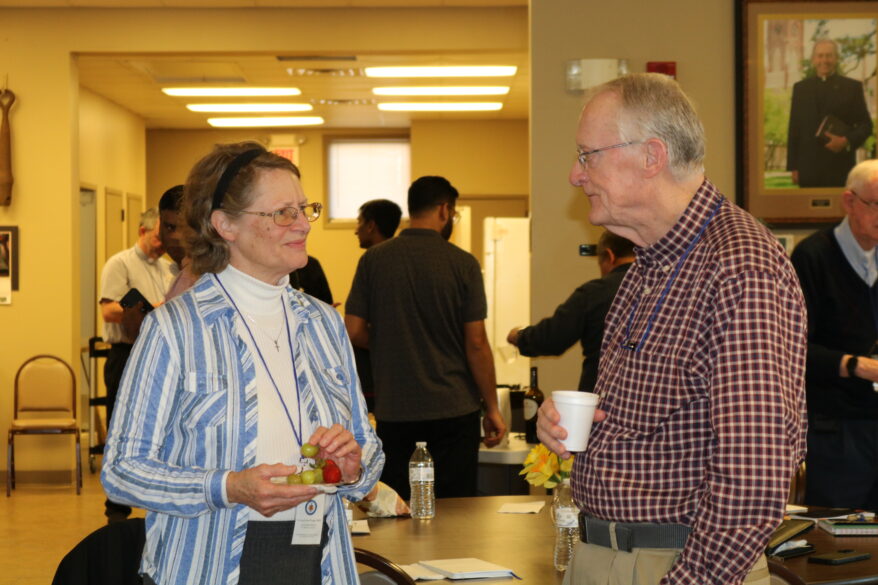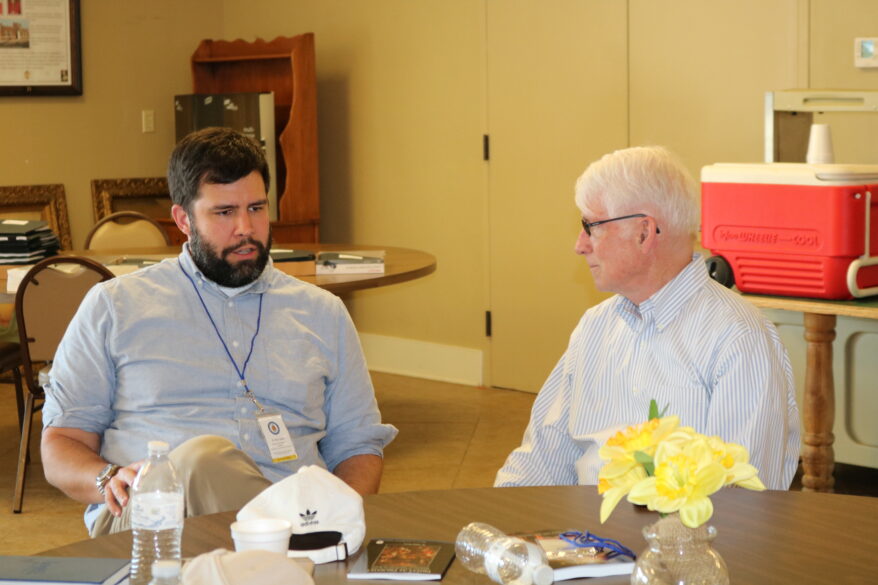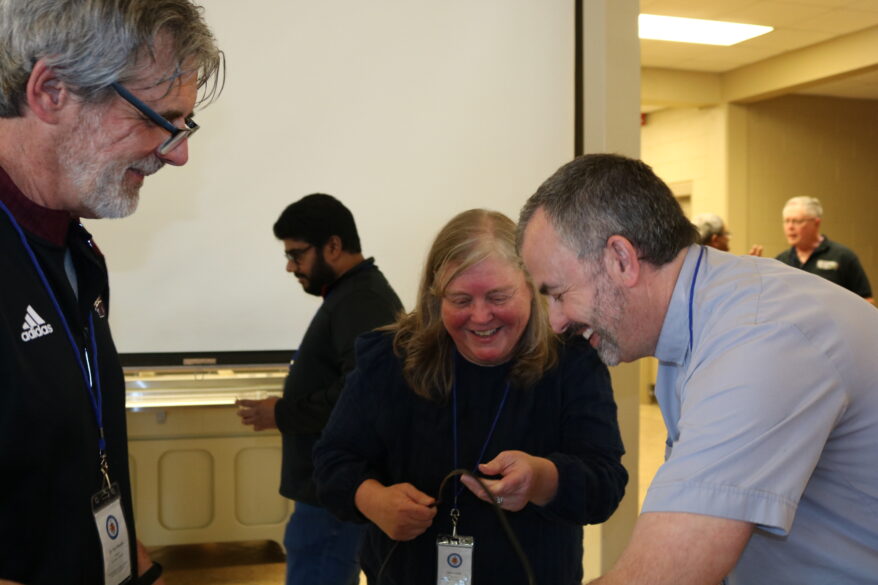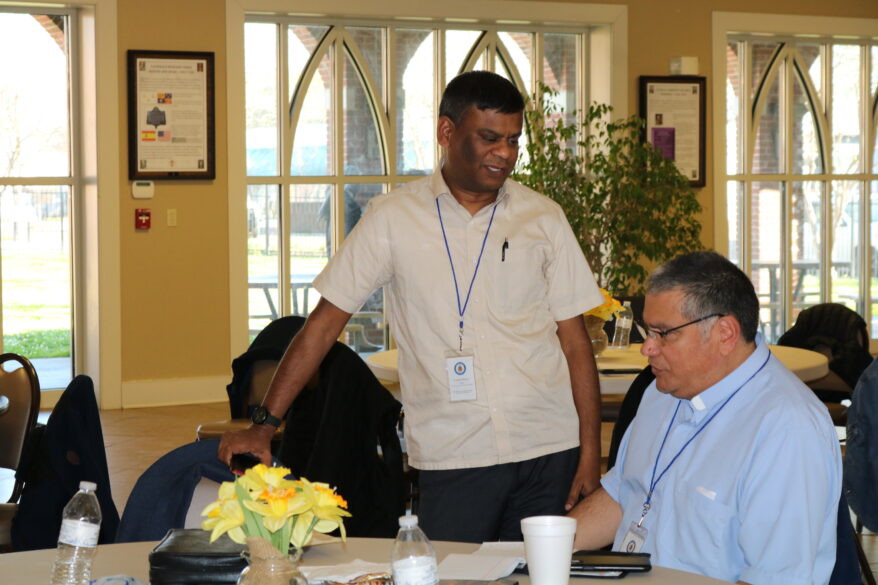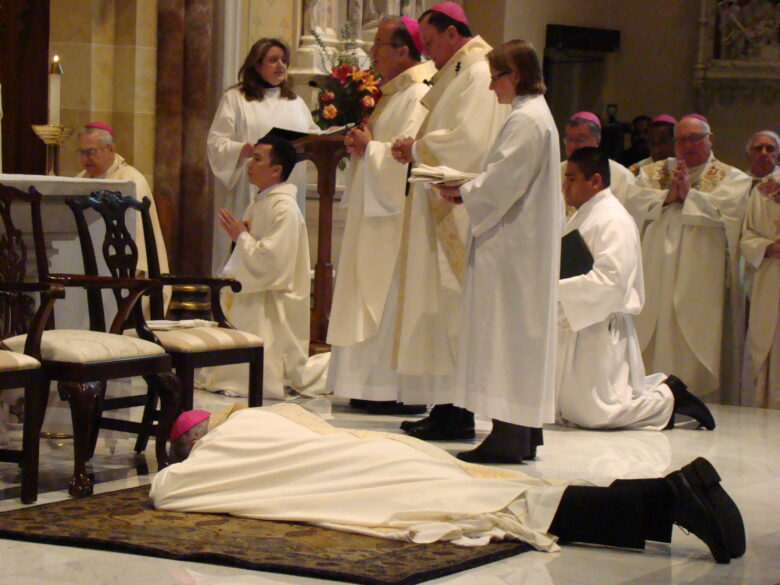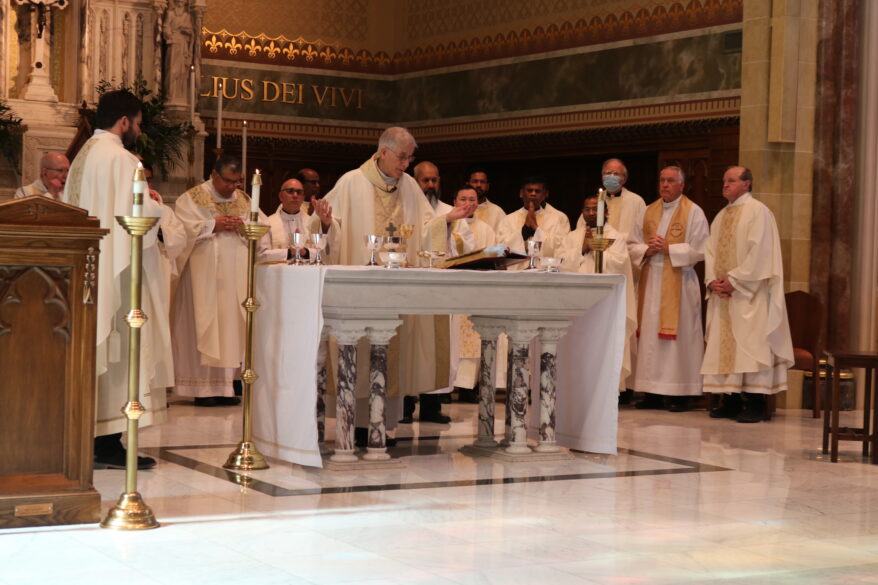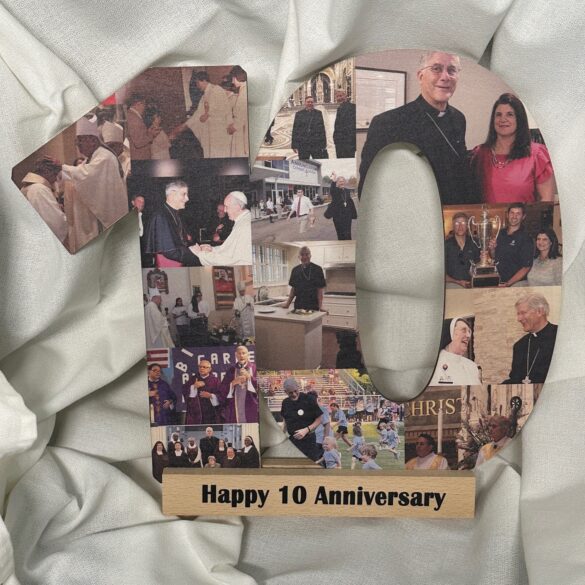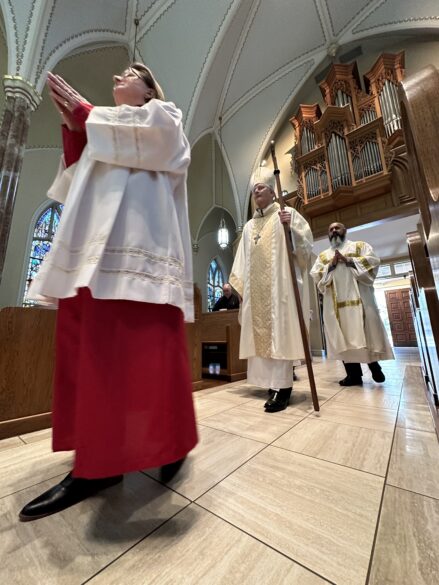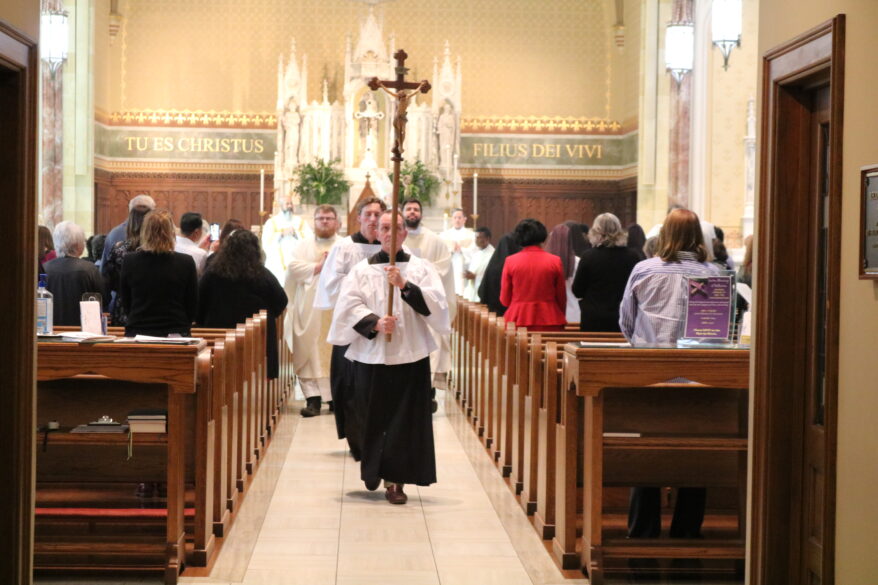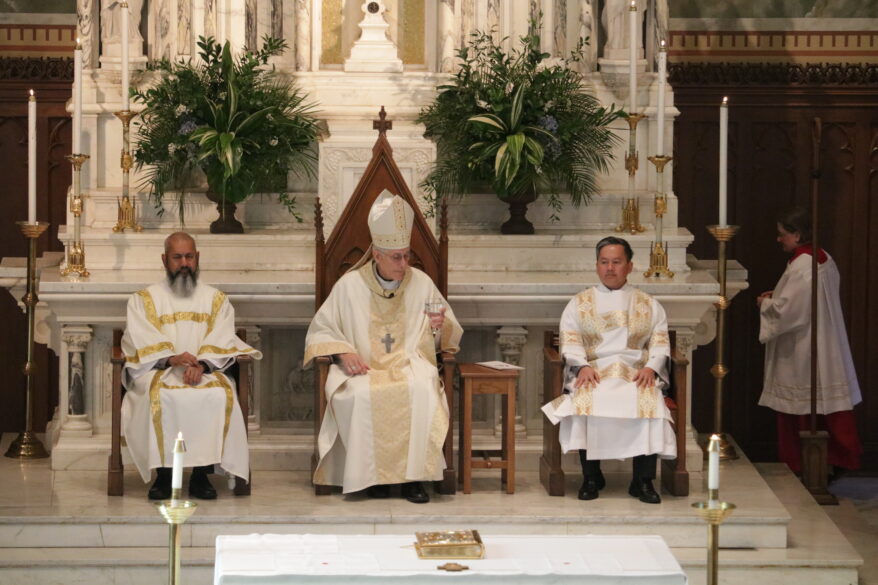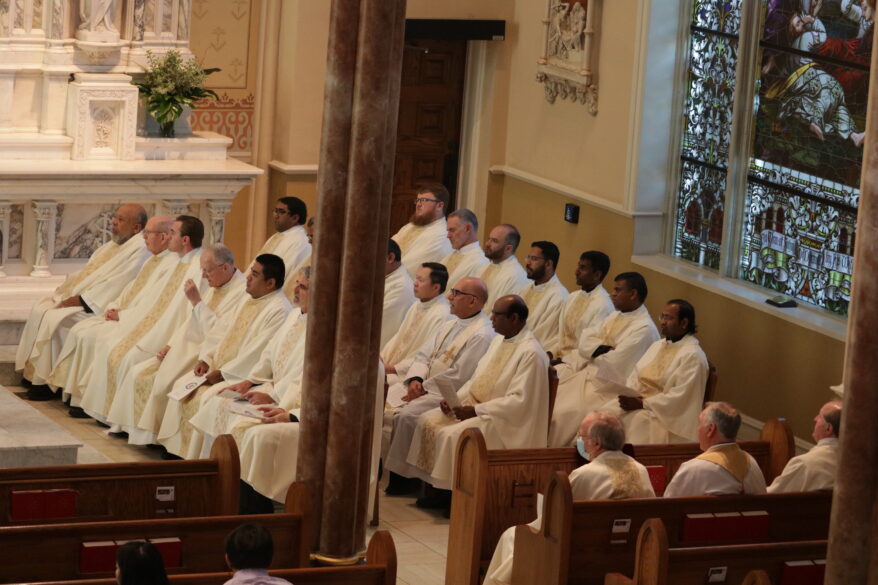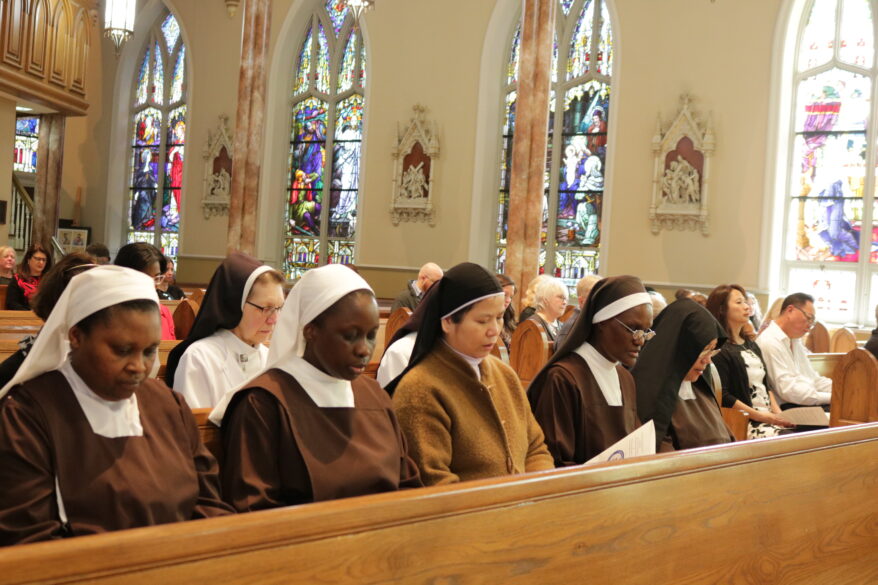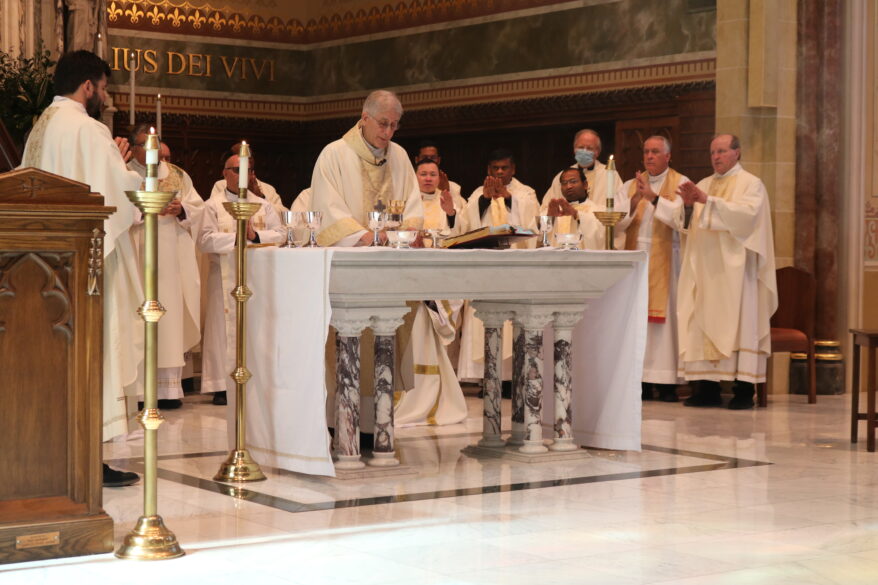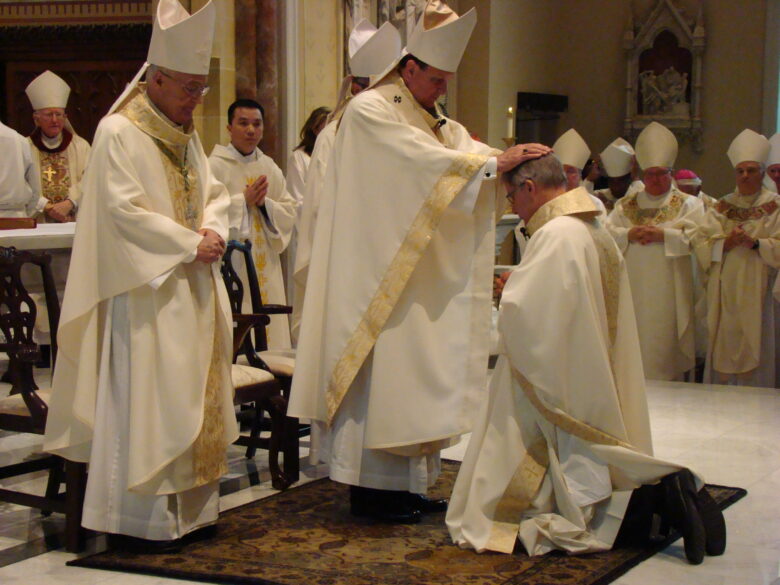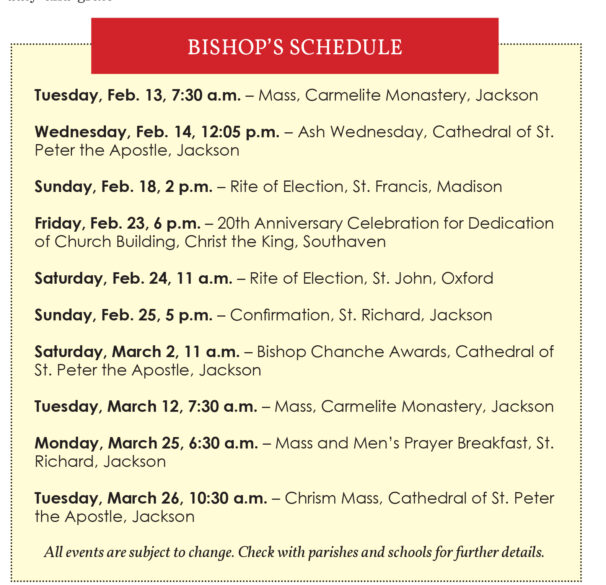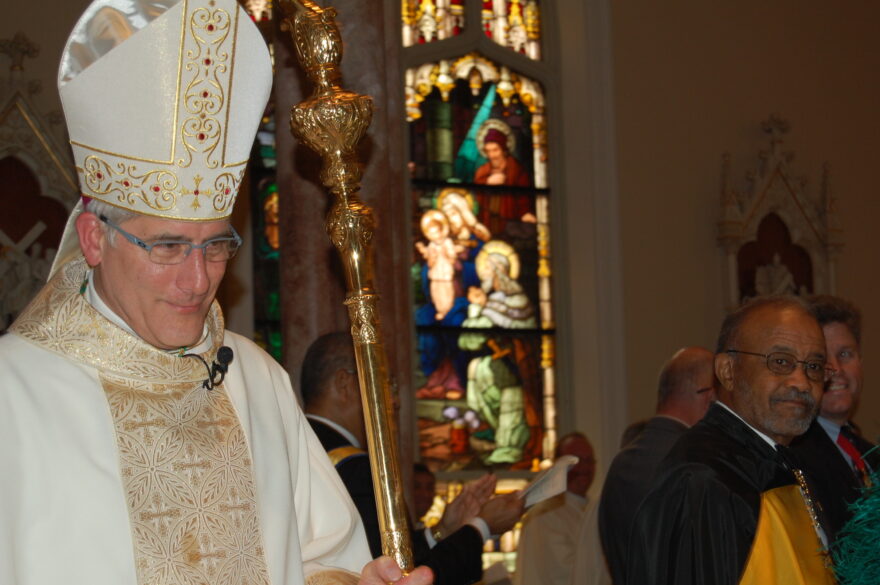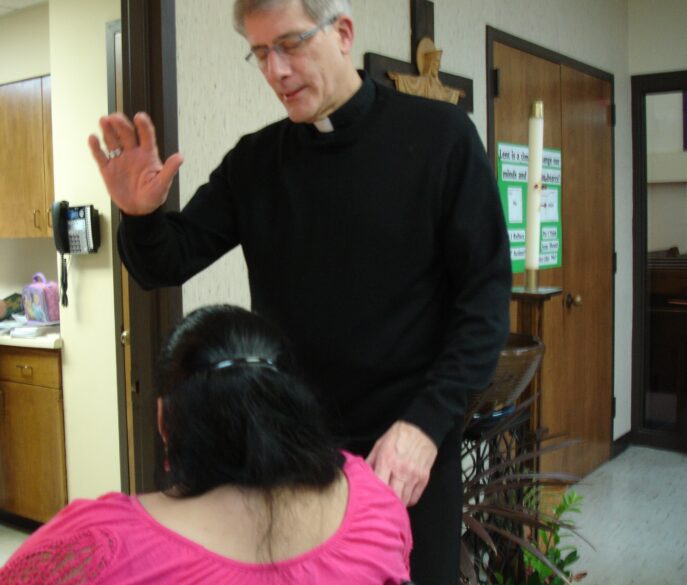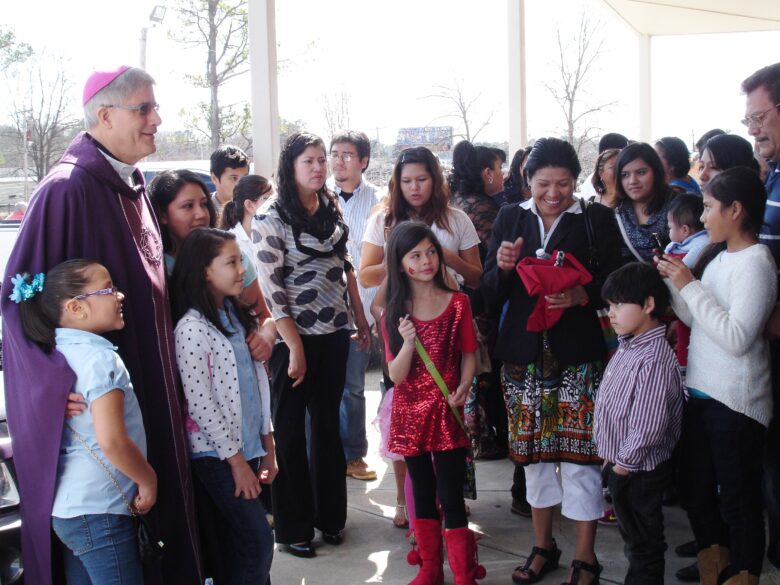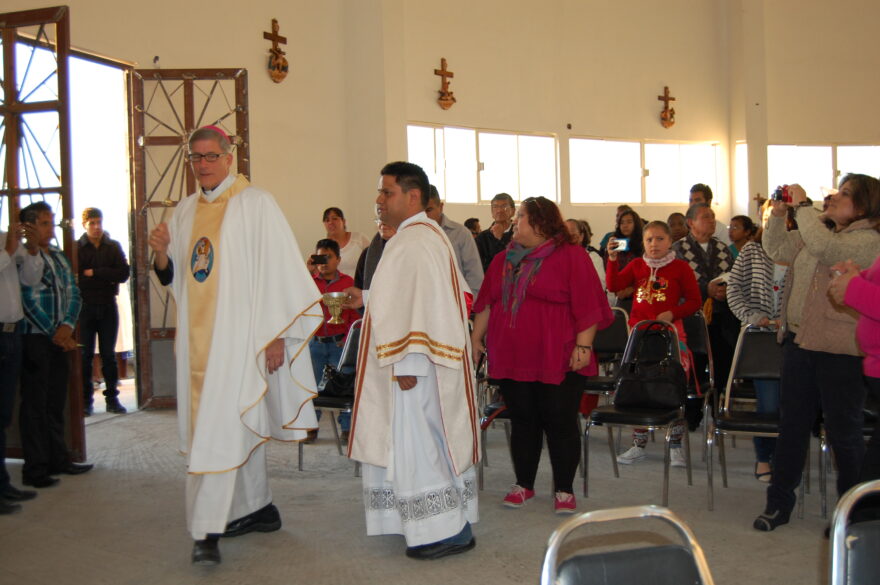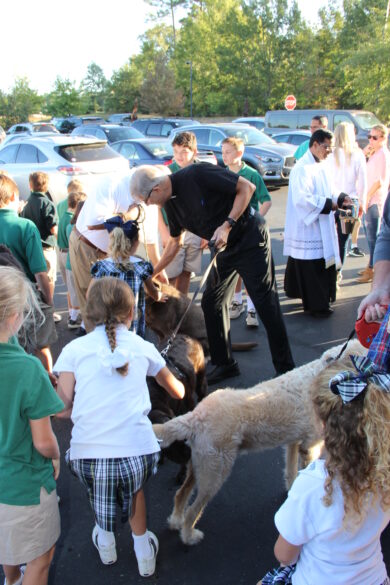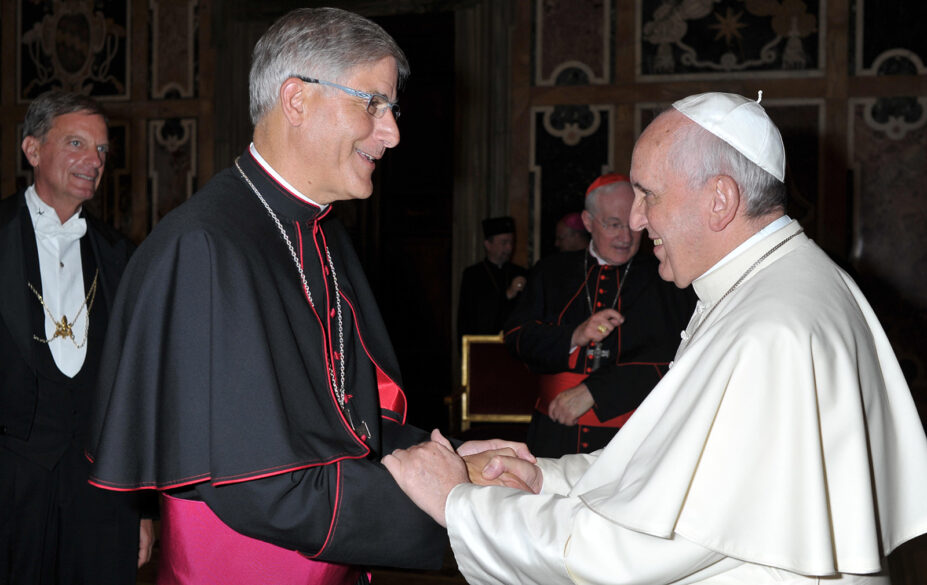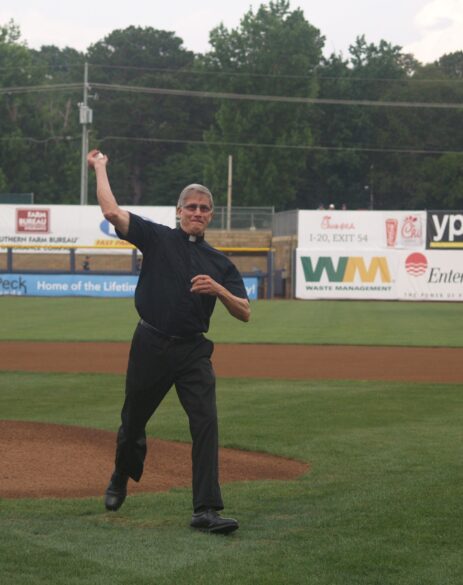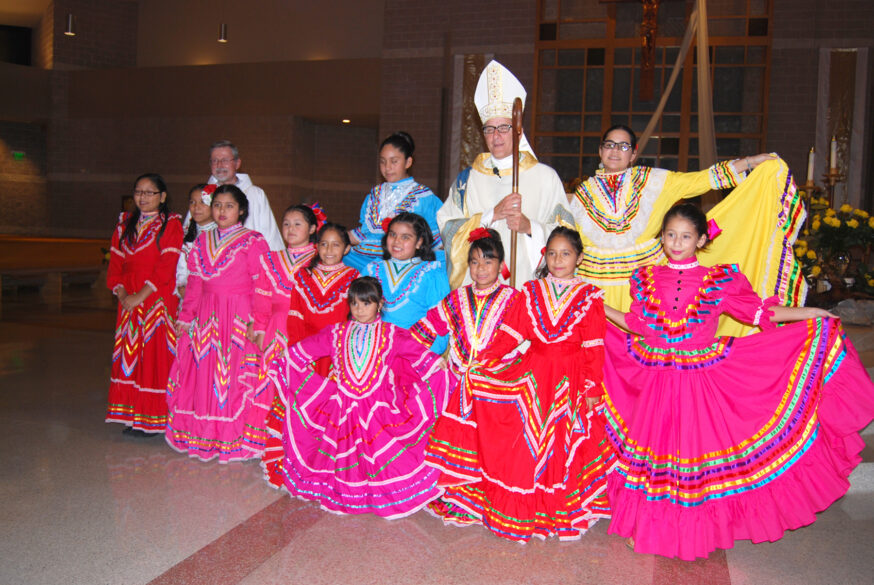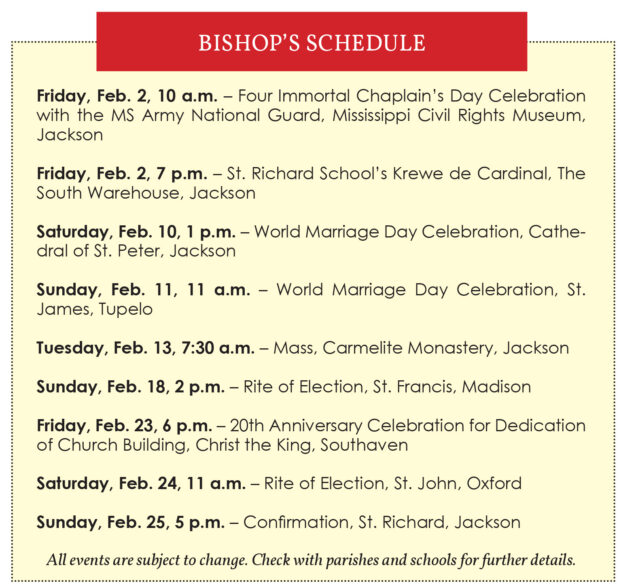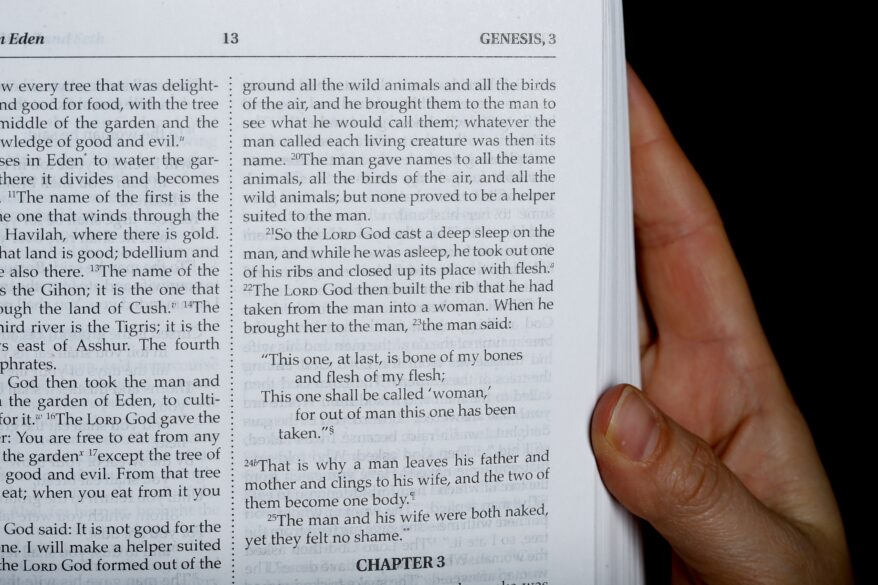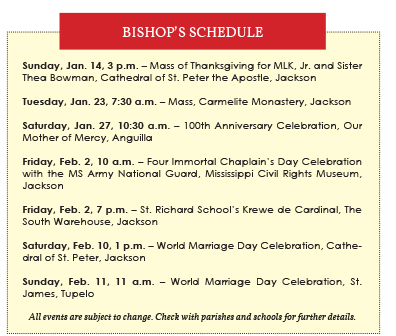By Bishop Joseph R. Kopacz, D.D.
The American Catholic experience has been blessed far and wide from the outset by the sacrifice and dedication of religious women and men who arrived with their immigrant communities or came soon after to live and serve among them. At times, God had to raise up these dedicated servants from within to respond to the glaring needs of marginalized and persecuted populations in our country.
In our southern and western regions Sister Katherine Drexel, a native-born Philadelphian, (PA) and the sisters of the Blessed Sacrament come to mind who served Black and Indigenous Americans since their founding in 1891. Our own Sister Amelia Breton who serves as the coordinator of Intercultural Ministry, is a member of this religious community.

At the beginning of the 19th century Elizabeth Ann Seton founded the Sisters of Charity in 1809, the first American Religious Sisters congregation. She was deeply committed to education and is recognized as the foundress of Catholic school education in the United States. Members of her community came to Natchez in 1847 at the behest of Bishop John Joseph Chanche, S.S. to begin the legacy of Catholic education in our diocese. This religious community maintained a presence in Natchez until the early 2000s. Furthermore, God raised up our own Sister Thea Bowman from among the African American population in Canton to become a prophetic messenger of hope for Black Catholics and for all who are marginalized. Her cause for canonization is underway.
In theaters on March 8 across our nation, “Cabrini” is scheduled for release. It is the story of Frances Xavier Cabrini who founded the Missionary Sisters of the Sacred Heart of Jesus in Italy in the second half of the 19th century. The name of her community and her chosen middle name in honor of St. Francis Xavier, co-patron of the Missions, declare the purpose of her life and the charism of her community to bring the Gospel in its fulness to the nations. It is a compelling production, exceptional in its content and acting.
In one of the decisive scenes, Mother Cabrini and Pope Leo XIII are having tea and discussing possibilities. She is trying to convince him to give her order permission to venture east to China as she explains, “my mission is bigger than this world.” He calmly and clearly responds: “In that case it doesn’t matter where you begin.” He directed her to go west to New York to serve among the Italian immigrants who came in large numbers to the east coast between 1850 and 1910. The movie proceeds to realistically portray the harsh conditions for immigrants in the church and in society in the late 19th and early 20th century in New York.
On a personal note, it was around 1910 that my maternal grandparents who were from southern Italy passed through Ellis Island and began a new life with the clothes on their backs and a dream in their hearts. The movie is a gem that illustrates the plight, the vulnerability and determination of the immigrant population in ways that are true from one generation to the next. Against all odds Mother Cabrini succeeded in gaining a foothold in the shadow of the Statue of Liberty, and from there fulfilled her mission around the globe, a mission that was “bigger than this world.”
The movie never missed a beat in capturing her heroic virtue and perseverance. This story of religious life that passed from the margins of church and society to the mainstream of both, will be a catechetical and evangelizing tool for generations to come. Kudos to all who had a hand in its development and production.

Moreover, the story of Mother Cabrini can challenge our Catholic communities and all people of good will to respond to the challenges, and at times crises, of immigration through the lens of the Gospel imperative to “welcome the stranger” and the ideals that are forever inscribed on the Statue of Liberty in the poem The New Colossus by Emma Lazarus. The following is from the second of two stanzas: “Give me your tired your poor, your huddled masses yearning to breathe free, the wretched refuse of your teeming shores, send these the homeless, tempest tossed to me, I lift my lamp beside the golden door.”
In our times, many religious are serving the immigrant population at our borders and in many corners of our nation. Often, they are as heroic as Mother Cabrini because some are pressuring to shut them down, and extremists are even advocating that they be shot. The current reality of immigration with its blessings and its burdens challenges us to go beyond the political posturing and invective that too often dominate the public narrative. In the time ahead we will add our voice to the public domain.
